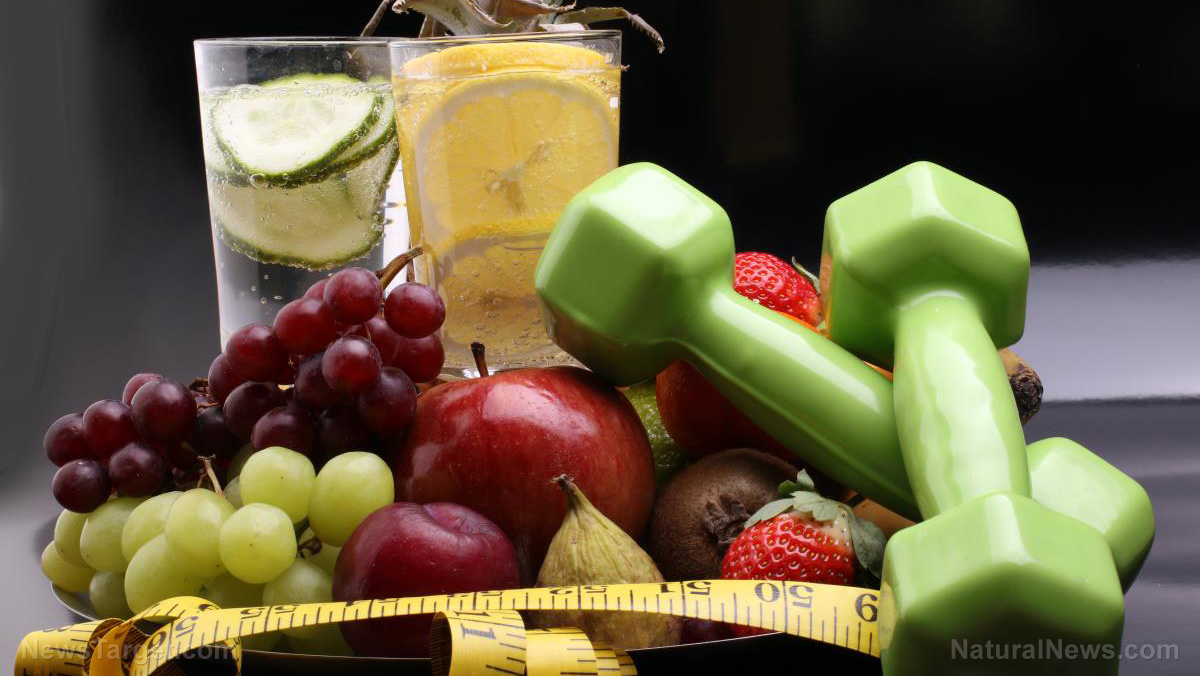A low-fiber diet can decrease healthy gut bacteria by 60%
06/06/2018 / By Carol Anderson

There are at least 1,000 different kinds of bacteria and 40 million microbial cells found in our gut. A balance in the gut microbiome is really vital to keep not just our physical health well, but also our mental and emotional well-being.
To be able to maintain a healthy balance of bacteria in the gut, it is essential to regularly consume foods that are high in vitamins, minerals, and micronutrients – more particularly, foods high in fiber.
In a study conducted by Justin Sonnenburg, a microbiologist at Stanford University, his wife Erica, and a graduate student named Samuel Smits, they tried to find out the relationship between a low-fiber diet and the decrease of healthy gut bacteria.
They used mice as test subjects which they loaded with identical collections of gut microbes. At first, they fed all the mice with a high-fiber diet, and then randomly gave a low-fiber diet to half of them in a span of seven weeks.
After the test period, significant changes appeared in the guts of the mice. Results showed that 60 percent of the local microbe species dramatically decreased in the guts of those who were given lesser fiber. What’s more alarming is how the number remained low even after they were provided with high-fiber meals.
Moreover, the seven-week test left a scar on the rodents’ microbiomes which can be passed on through generations. Since mice eat each others’ feces, the little ones often ingest their parents’ microbes. To find out if the scar can be passed down, the researchers bred the original participants.
It appeared that the parents who had low-fiber meals produced pups with an even lower number of microbiomes in their guts. If the pups only feed on foods with not enough fiber content, they will lose whatever little microbiomes they have. (Related: Gut health linked to anxiety, depression, and autism.)

The species of gut bacteria became less and less diverse for each generation they bred, and it came harder to reverse the negative effect of the experiment. In some cases, mice were able to get back the missing microbes after switching to a high-fiber diet, but more often than not, they don’t.
This only means that the healthy gut bacteria did not simply shy away and wait for the right moment to bloom, but rather, they genuinely vanished from the system. It turned out the only way to reverse the issue was through fecal transplant where mice are given the entire gut microbiomes of those who consumed high-fiber meals.
Although the study had limitations since the subjects used were mice, the authors believe “that this low diversity could be a lasting legacy of industrialization, in which successive generations of low-fiber meals have led to the loss of old bacterial companions.” They added that data hint that it’s possible for the Western microbiota too further deteriorate.
It all starts at birth
From birth, our microbiomes begin to develop which is why breastfeeding is so important. During this stage, our bodies are in need of the microbe Bifidobacterium and some other types of lactic acid bacteria. As we get older, Bifidobacterium is replaced by Firmicutes and Bacteroides – and by this time, our gut microbiome has matured. These are all essential in producing vitamins and breaking down complex carbohydrates to keep us healthy.
Probiotics can keep the balance
While probiotics can’t be a substitute for a nutritious meal, it can boost our system and help maintain the balance in our gut flora. A research found that some types of probiotics can reduce depressive symptoms in mice and some can even reduce inflammation.
Know how to better take care of your gut flora at Health.news now.
Sourced included:
Submit a correction >>
Tagged Under:
bacteria, Diets, gut bacteria, gut flora, healthy gut, high-fiber diet, low fiber diet, mice experiment, Microbes, microbiome, nutrition
This article may contain statements that reflect the opinion of the author





















